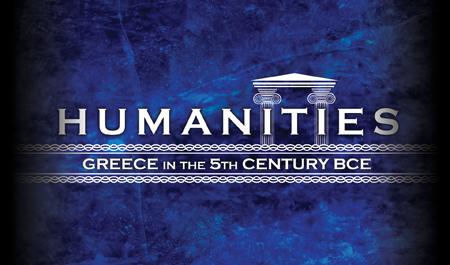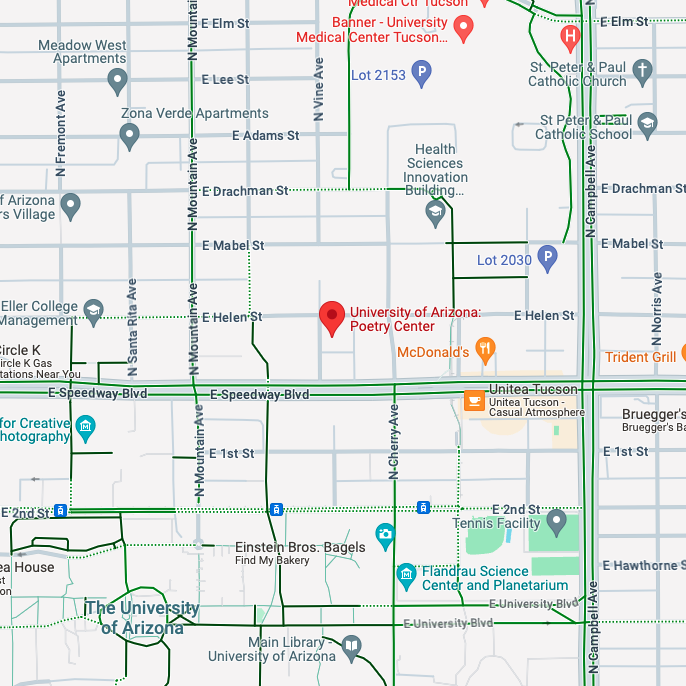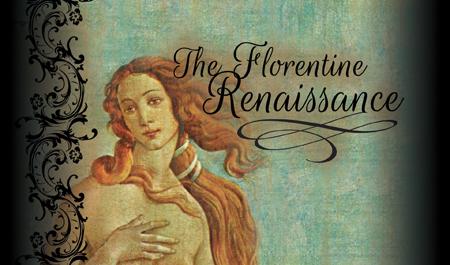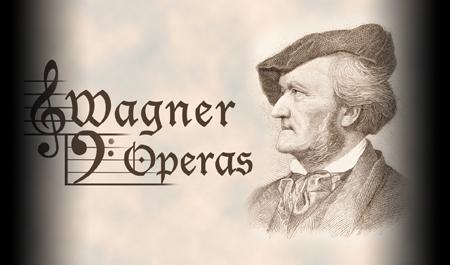This course will cover the rich and seminal history and literature of fifth-century Greece; the most creative and productive period in all human history. Our course will particularly focus on Athens, the world’s first democracy, from which most of the liberal arts trace their origins.
These amazing developments began with the Battle of Marathon in 490 BCE, the clash between democratic Athens and the vast invading Persian Empire. From there we will trace how the victorious Athenians built up their power then fought with Sparta in the ruinous Peloponnesian War. We will end with the symbolic fall of the Golden Age of Athenian democracy, best symbolized by the philosopher Socrates’s drinking hemlock in 399 BCE. With those political struggles and warfare as the backdrop, the course will also trace the development and influence of Greece’s wide-ranging culture, which changed forever the way humanity thought about itself.
We will look at these events and developments mainly through the eyes of the primary literary sources of the time. Our historical narrative will come from the contemporary historians Herodotus and Thucydides and the later biographer Plutarch. We will also read the three tragic playwrights Aeschylus, Sophocles, and Euripides, and the sole extant comic playwright Aristophanes. As we shall see, to the Greeks theater was no mere diversion but was a powerful force for social discussion, political contemplation, public education, and religious expression. Finally, we will read selections from Plato, our principal source for the enigmatic philosopher Socrates.
Mike Lippman is a Lecturer in the Classics Department at the University of Arizona. His primary field of research is ancient drama, particularly Greek comedy. He has been involved in many modern reproductions of ancient plays as translator, actor, co director, and dramaturg. He also is particularly interested in the interplay of ancient political thought and its modern usage. He teaches classes on Sparta and Athens that not only explore antiquity but present the fascinating social experiments these societies represent.






